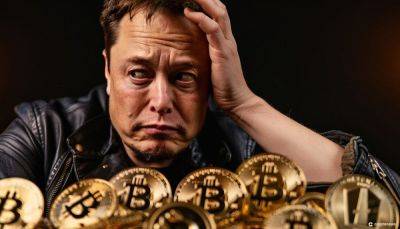Where South Korea’s Democratic Party and People Power Party Stand on Crypto Policies
South Korea’s elections take place today and the outcome of who comes out tops will play a crucial role in influencing the regulatory environment for the crypto industry.
The two main political parties in South Korea are the Democratic Party of Korea (DPK) and the People Power Party (PPP) – since December 2022, the Democratic Party has been the largest in South Korea with around 4.85 million party members. Back then crypto was also high on the agenda for presidential candidates in the 2022 South Korean election.
Today South Koreans will be voting for a new parliament, in the midterm referendum on President Yoon Suk Yeol’s administration.
Both political parties have varying stances on crypto regulation, affecting its adoption, taxation, and legality. The election outcome will have an impact on investor sentiment and market dynamics, including the crypto market. Supporting policies can attract more investment into cryptocurrencies, while uncertainty or unfavourable policies may lead to market volatility.
South Korea is a significant player in the global crypto market. Changes in its regulatory framework or market dynamics can have ripple effects on the broader crypto ecosystem, influencing trends and perceptions internationally.
South Korean elections serve as a crucial factor in shaping the regulatory landscape, market sentiment, and innovation within the crypto industry. Here is a rundown of where the two main political parties in South Korea stand in terms of crypto regulation courtesy of CryptoQuant.
The ruling party has shown a willingness to postpone the implementation of digital asset taxation. They have been open to discussions and considerations regarding the timing and details of implementing taxation on digital






















